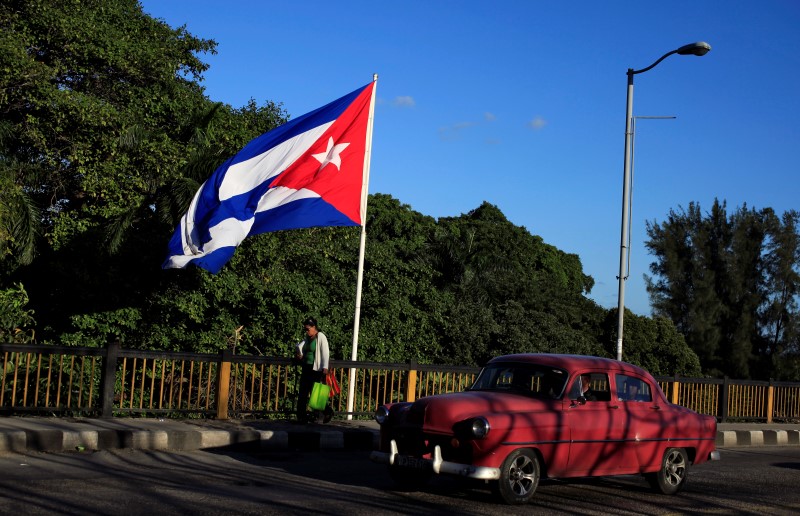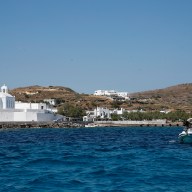By Marc Frank
HAVANA (Reuters) – Cuba on Tuesday published policy guidelines for the next five years that signal no new domestic initiatives although it upgraded foreign investment to “fundamental in certain sectors.” The 275-point social and economic plan, coming at a time of weak economic growth and drastically reduced supplies of Venezuelan oil, is extremely similar to one Cuba adopted in 2011, which called for decentralization of its state-run economy, support for some small business, recognition of market forces and the need for more foreign investment. The reforms in the 20ll plan have, however, yet to be fully implemented because of stiff bureaucratic resistance, President Raul Castro said at a Communist Party Congress in April.
“The struggle between hard-liners and the bureaucrats opposed to meaningful reform, and liberals who see the need for a swift streamlining of the economy and greater freedom, continues,” said John Kirk,an author of many books on Cuba. “The key question is whether ideological intransigence will trump pragmatism,” he said.
Despite improved relations with the United States and other western countries, there is no sign Cuba is ready to do more than tweak its Soviet-style economy.
Centralized planning and a state monopoly on the means of production lead off the new guidelines, as they did previous ones. Five years ago the reform plan authorized small business, but forbade “concentration of property”; the new one adds to that “wealth.” The previous document called for a significant reduction in the state’s participation in the sale, distribution and pricing of food in favor of private initiative and market forces, while the new one omits this. In practice the state has once more taken control of distribution and is setting prices. Economist Andrew Zimbalist, a Cuba expert at Smith College in the United States, said he was not surprised the “new plan is old and if anything appears to be a mild retreat from liberalization of the economy.” He said detente with the United States and the economic crisis in Venezuela made Cuba’s leaders feel more vulnerable.
The government last month announced cuts in fuel and energy and a reduction in imports, citing a lack of hard currency caused by low export earnings and less Venezuelan oil.
“When the revolution senses difficult times, it has always attempted to assert more central control,” said Zimbalist.
The only apparent recognition of the poor economic results of reforms to date is in the section on foreign investment.
Five years ago the plan termed foreign investment complementary to local efforts in some sectors, while the new one states it is “an important source for the country’s development,” and “fundamental in certain sectors.” “The more full-throated endorsement of foreign investment could eventually transform and uplift the Cuban economy,” said Richard Feinberg, author of a new book, “Open for Business: Building the New Cuban Economy.” “But that will depend on if it is reflected in an accelerated approval by the bureaucracy and an overall improvement in the business climate,” he said.
(Reporting by Marc Frank; Editing by Steve Orlofsky)
Cuba sticks to modest reform plan despite poor results

By Marc Frank













